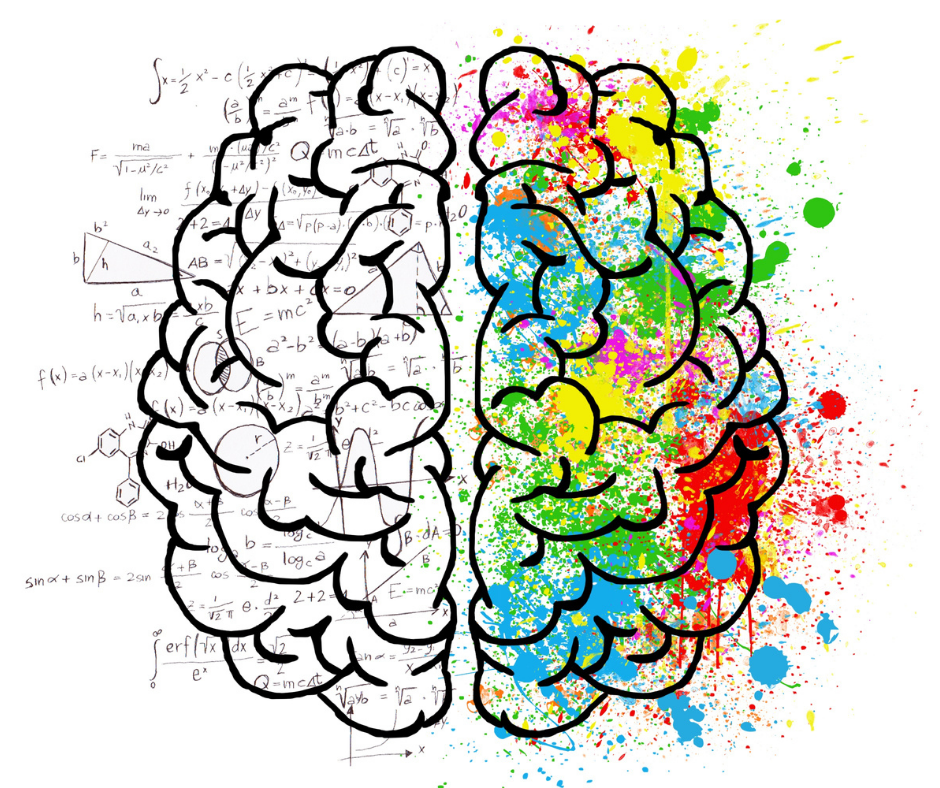
Functional Medicine
Functional medicine is a patient-centered and holistic approach to healthcare that delves deep into understanding the intricate web of factors influencing an individual’s health. Unlike conventional medicine, which often focuses on treating symptoms, functional medicine seeks to uncover the underlying root causes of health issues. It recognizes that the body is a complex, interconnected system where various bodily systems, genetics, environment, and lifestyle factors all play a role in one’s well-being.
Practitioners of functional medicine take a personalized and comprehensive approach to patient care. They conduct in-depth assessments, which may include specialized diagnostic testing, to identify imbalances or dysfunctions within the body. This diagnostic precision allows them to tailor treatment plans specifically to the individual, aiming to restore optimal bodily function.
What sets functional medicine apart is its emphasis on prevention and patient empowerment. In addition to traditional medical interventions, practitioners encourage lifestyle changes, nutrition, stress management, and other non-pharmaceutical approaches. These strategies are designed to address the unique needs of each patient, taking into consideration their genetic makeup, environment, and life circumstances. The ultimate goal is not just the alleviation of symptoms but the promotion of long-term health and vitality.
Functional medicine represents a departure from the one-size-fits-all approach of conventional medicine, focusing instead on uncovering the personalized path to well-being for each patient, guided by a deep understanding of the body’s intricacies and the multifaceted nature of health.
Brain Health
Good brain health is essential for overall well-being and cognitive function. It involves preserving healthy brain cells, balancing neurotransmitters, and promoting optimal brain blood flow. Key aspects include:
Neuroplasticity: The brain’s ability to adapt and reorganize neural connections is vital for learning and memory.
Neurotransmitters: Chemical messengers like serotonin and dopamine play a key role in brain function and mental health.
Oxidative Stress and Antioxidants: Maintaining the balance between free radicals and antioxidants is crucial for brain cell protection.
Inflammation: Reducing chronic brain inflammation through a healthy lifestyle supports cognitive health.
Brain Blood Flow: Proper blood flow delivers nutrients and oxygen, and it is essential for cognitive function.
Cognitive Stimulation: Engaging in activities like reading, puzzles, and learning promotes brain health.
Sleep: Quality sleep is critical for memory consolidation and cognitive function.
Incorporating these principles into our lives helps promote good brain health and reduces the risk of cognitive decline.
Supporting neuroplasticity, balanced neurotransmitters, reducing oxidative stress and inflammation, optimizing brain blood flow, engaging in cognitive activities, and prioritizing healthy sleep are strategies for long-term brain health.



Spiritual Mindset
A spiritual mindset is a profound perspective that centers on a deep connection to the spiritual or transcendent aspects of life. It involves believing in something beyond the material world, fostering inner reflection, nurturing compassion, and upholding strong ethical values. Those with a spiritual mindset often practice mindfulness, express gratitude, and embark on a personal quest for meaning and purpose.
This perspective frequently leads to a profound connection with nature, where the natural world is viewed as a reflection of the divine. People with a spiritual mindset are often open to various belief systems, embracing the diversity of spiritual and religious traditions.
Individuals with a spiritual mindset engage in self-exploration to understand their values, life’s purpose, and their place in the world. Compassion and empathy for others are central, recognizing the shared human experience and the interconnectedness of all beings.
Spiritual practices like meditation, prayer, or yoga are embraced as means to connect with the inner self and the divine. Gratitude is a common theme, as individuals express thankfulness for life’s blessings and experiences, seeing them as gifts from the spiritual realm.
In summary, a spiritual mindset is a personal and subjective journey that offers individuals a sense of fulfillment, inner peace, and a profound connection to the world around them. It guides them in living a meaningful life, rich in empathy, gratitude, and a deep understanding of the mysteries of existence.
Positive Intelligence
Positive Intelligence is a psychological framework and concept developed by Shirzad Chamine that focuses on enhancing one’s mental and emotional well-being. At its core, Positive Intelligence posits that individuals have both a “Sage” mode and a “Saboteur” mode within their minds. The Sage represents wisdom, resilience, and constructive thinking, while the Saboteur embodies self-doubt, negativity, and self-sabotage.
The concept of Positive Intelligence revolves around recognizing and strengthening the Sage while diminishing the influence of the Saboteur. It offers various practices and tools to help individuals achieve this balance, ultimately leading to greater happiness and success.
By understanding and managing the inner dynamics of their minds, individuals can reduce stress, anxiety, and self-criticism, thereby enhancing their mental well-being. This approach promotes more harmonious relationships, increased productivity, and resilience in the face of life’s challenges. It encourages personal growth, ethical decision-making, and a sense of purpose, contributing to a more fulfilling and balanced life.
Positive Intelligence is a powerful framework for self-improvement, offering individuals the tools to navigate the complexities of the human experience and unlock their full potential. It leads to a deeper sense of inner peace, self-awareness, and a profound understanding of the mind’s intricate workings.

